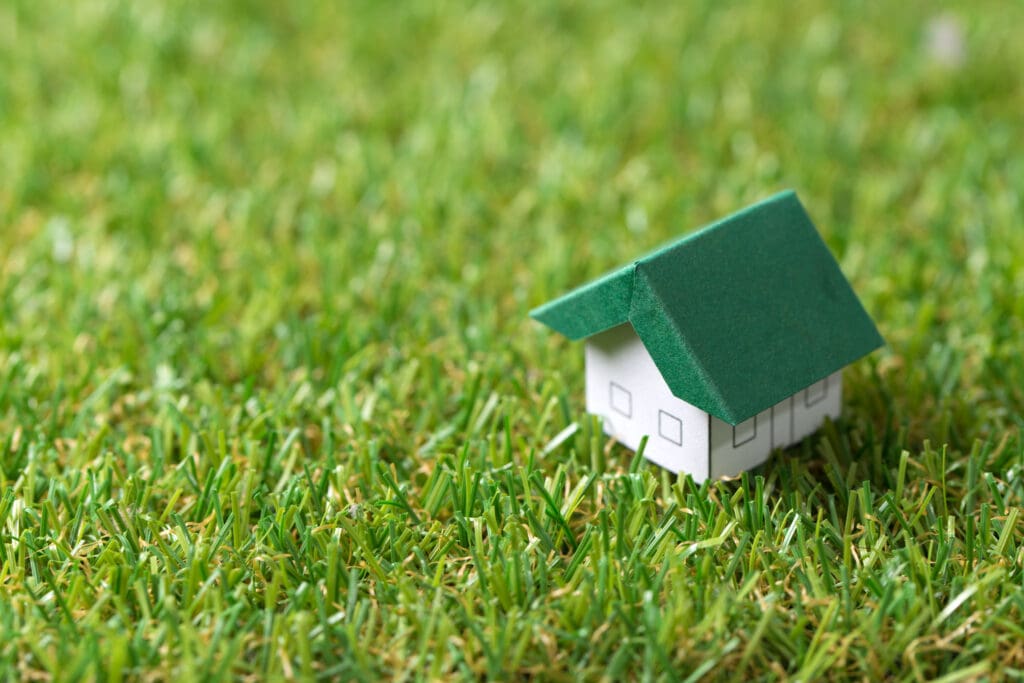In today’s rapidly changing world, energy efficiency and sustainability have become paramount. As we strive to reduce our carbon footprint and preserve our planet, energy-efficient homes have emerged as a crucial solution. Not only do they contribute to a greener future, but they also offer significant long-term cost savings. In this blog post, we’ll delve into the world of energy-efficient homes, exploring the benefits, technologies, and financial incentives available.
Understanding Energy-Efficient Homes
Energy-efficient homes are designed and built to minimize energy consumption while maximizing comfort and functionality. These homes employ a variety of innovative techniques and technologies to optimize energy efficiency throughout the structure.
Cost Savings and Financial Benefits

One of the most enticing aspects of energy-efficient homes is their long-term cost savings. By reducing energy consumption, homeowners can experience substantial reductions in their utility bills. Over time, these savings can accumulate and offset the initial investment required for energy-efficient upgrades.
Additionally, governments and utility companies often offer financial incentives and rebates to encourage the adoption of energy-efficient practices. These incentives can significantly lower the upfront costs of energy-efficient upgrades, making them more accessible and attractive to homeowners.
Strategies for Optimizing Home Energy Efficiency
Optimizing your home’s energy efficiency doesn’t have to be a daunting task. By implementing a few simple strategies, you can make a significant impact:
- Insulation and Weatherization: Proper insulation and weatherization techniques help minimize heat transfer and maintain a comfortable indoor temperature, reducing the need for excessive heating or cooling. Caulking around windows and doors or adding additional insulation are projects that can be handled by most homeowners.
- Energy-Efficient Appliances: Upgrade to ENERGY STAR certified appliances, such as refrigerators, washing machines, and HVAC systems. These appliances are designed to consume less energy without sacrificing performance.
- Smart Home Automation: Embrace smart home technology that allows you to control and monitor your energy usage remotely. Smart thermostats, lighting systems, and energy monitors can optimize energy consumption and reduce waste.
- Renewable Energy Sources: Consider installing solar panels or harnessing geothermal energy to generate clean, renewable power for your home. These investments can yield significant long-term savings while reducing reliance on traditional energy sources.
- LED bulbs: Switching to LED light bulbs in your lamps and light fixtures can yield significant savings. Not only do these bulbs use less energy, they can last for years. Make sure you use the correct type of bulb in fixtures to ensure safe and optimum use.
Building a Sustainable Living Environment

Energy-efficient homes play a vital role in creating a sustainable living environment. By reducing energy consumption, they help minimize greenhouse gas emissions and promote the efficient use of resources. Embrace sustainable practices beyond energy efficiency, such as water conservation, waste reduction, and eco-friendly landscaping, to further enhance the environmental impact of your home.
Stay Informed and Take Action
Staying informed about the latest advancements in energy-efficient technologies and financial incentives is crucial. Research local programs, tax credits, and grants available in your area to support your energy-efficient home upgrades. Explore online resources, consult with experts, and engage with like-minded communities to exchange ideas and experiences.
Energy-efficient homes offer a win-win situation. They provide homeowners with long-term cost savings while contributing to a sustainable and eco-friendly future. Take the first step today and unlock the tremendous benefits of an energy-efficient home.
#EnergyEfficiencyMatters #SustainableLiving #CostSavingTips

Richard has extensive experience in all aspects of buying and selling residential property. He has sold more than 400 homes and well over $100 million in residential real estate. There’s no need to guess. Get expert advice that will allow you to buy and sell with confidence and ease.
For neighborhood guides about Decatur and other intown neighborhoods, click here.
To learn more about the value of your home, please complete the form here.
If you are looking to purchase a home, please reach out here. We would love to help you have a wonderful buying experience.
You can always reach us through the Contact Us page here as well.
